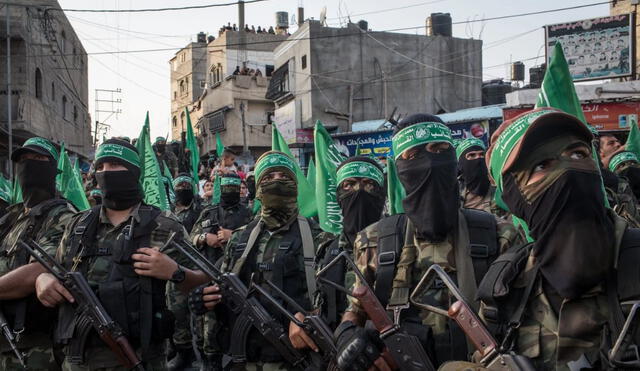Middle East tensions. Hamas rejects Israel's ceasefire agreement
The Islamist group proposes negotiating an agreement to completely end the war in Gaza and release prisoners, as the bombing continues and the humanitarian crisis worsens.

Hamas formally rejected Israel's recent ceasefire proposal, which consisted of a 45-day truce in exchange for the release of 10 hostages. In a video statement, the Islamist group's chief negotiator, Khalil al-Hayya, described the plan as a political attempt by Israeli Prime Minister Benjamin Netanyahu to prolong the war and prevent a definitive solution to the conflict.
The Islamist group, which currently holds 59 hostages, wants a definitive agreement to end the war and secure the release of prisoners from both countries. Hayya stated, "We will not accept partial agreements that serve Netanyahu's political agenda".
Growing tensions and more casualties in Gaza
While peace negotiations remain stalled, Israeli bombardments of the Gaza Strip continue to leave a high death toll, with at least 37 civilians killed in recent days.
Witnesses described tragic scenes after an explosion that set fires in several tents. "I ran outside and saw the tent next to mine engulfed in flames," a Palestinian man told the BBC.

ALSO SEE: Judge rules Columbia student Mahmoud Khalil eligible for deportation amid Pro-Palestinian activism
Diplomatic Pause and Humanitarian Crisis
Despite international calls for a ceasefire, the two sides' positions appear far from clear. Israel wants the total dismantling and elimination of the Hamas group. Therefore, it has eliminated humanitarian aid for Palestine imposed since March 1, as pressure for the release of its hostages.
International humanitarian organizations report a collapse in the aid system in Gaza. Twelve of the world's leading aid groups assert that operating conditions there are unsustainable. The population faces problems such as hunger, displacement, and lack of medical care.












